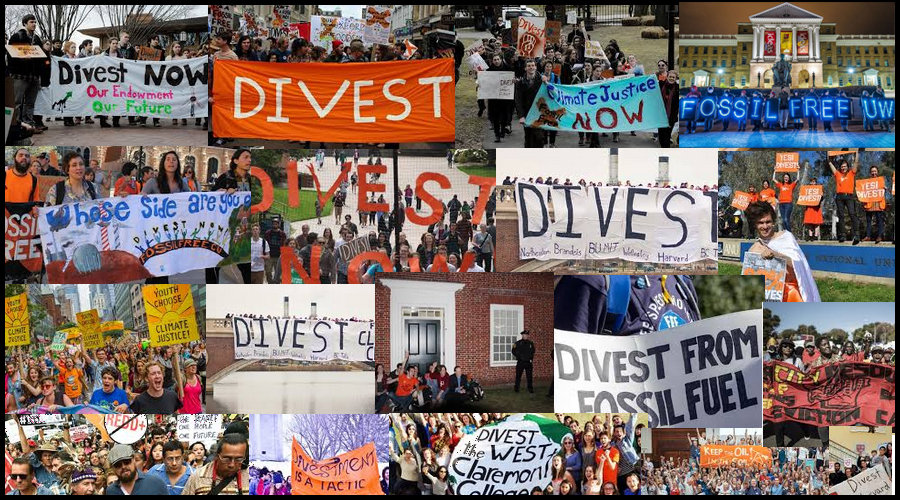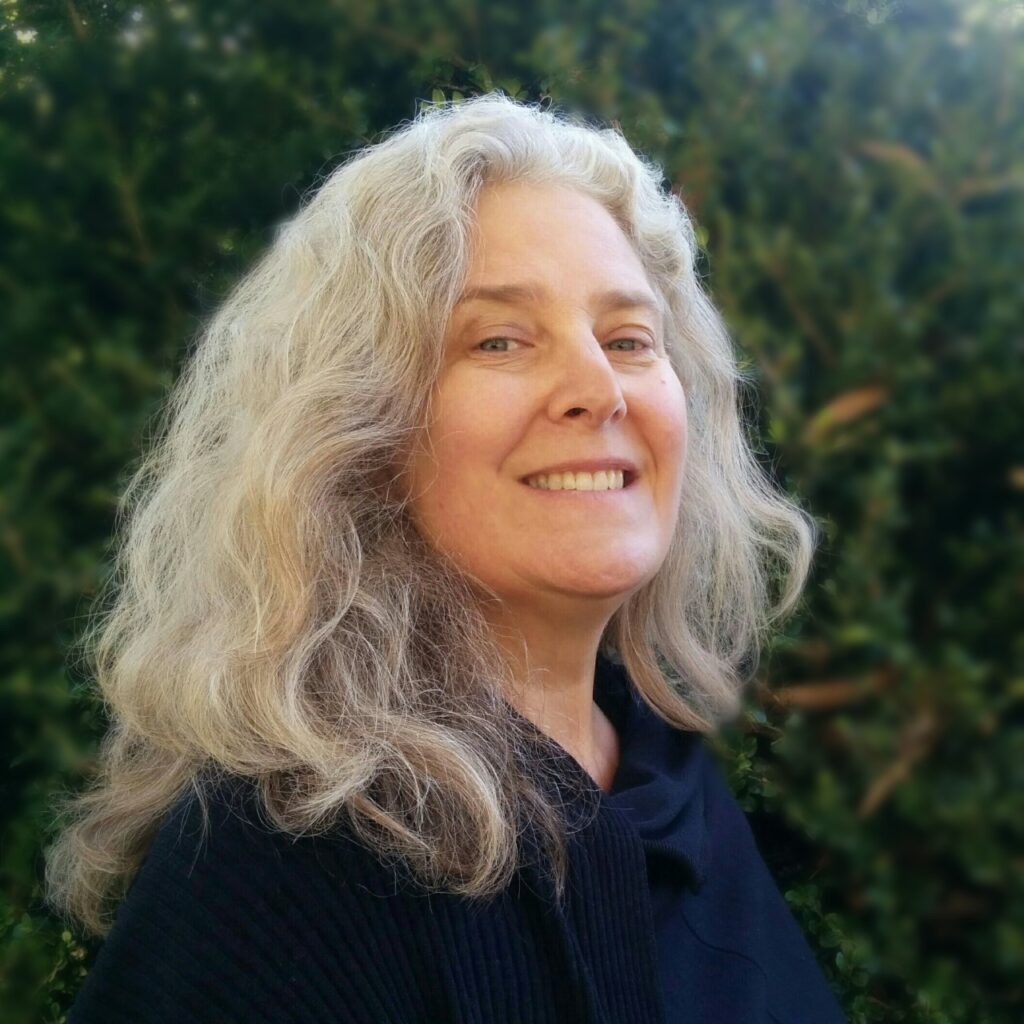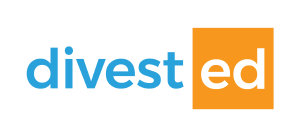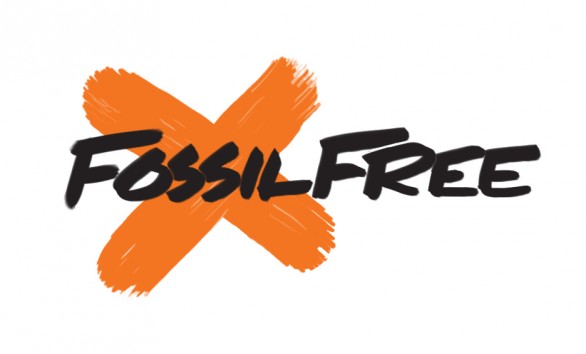About the Faculty/Staff Divestment Network.
The Faculty/Staff Divestment Network (FSDN) is made up of campus employees from the United States working toward fossil fuel divestment. While students have been leading the movement, there are important roles for faculty and staff to play. We know how our campuses work and have helpful connections with administrators. Some faculty and staff are in a powerful position to speak publicly through op-eds, open letters, radio and TV interviews, and other venues in favor of divestment and the need to address global climate change. Moreover, faculty and staff actions such as petitions and divestment resolutions can be an important contribution to student calls for divestment.
“We cannot urge students to have the courage to speak out unless we are willing to do so ourselves.” (Theodore Hesburgh, former president of Notre Dame)
Bringing Divestment to Your Campus.
Convincing the administration and Board of Trustees on your campus that divestment from fossil fuels is in their interest, economically and ecologically speaking, may at first seem like an uphill battle. However, an increasing number of educational institutions in the US are committing to divest from fossil fuels. Why? On one hand, the science of global climate change leaves no doubt of the severity of our situation and our communal responsibility. More than 97% of all climate scientists agree that humans are at fault for the current global warming. On the other hand, and despite some skepticism that still exists, it turns out that divesting from fossil fuels benefits the long-term economic outlook for educational institutions and their endowments.
The first institution in the US to divest all fossil fuel holdings from its portfolio was Unity College in Maine in 2012. In an interview, its president Stephen Mulkey addressed the concerns administrators have when they are confronted with the question “are we willing to divest?” As it turned out Unity’s decision to divest from fossil fuels was not only in line with its own mission statement and the right ethical decision to make, it also benefitted the college’s endowment.

Want Advice on a Divestment Campaign?
Cynthia Kaufman, veteran divestment organizer and faculty member at De Anza College in California, is happy to help you strategize. Email her at kaufman.cynthia13@gmail.com to set up a time.

Cynthia Kaufman is the Director of the Vasconcellos Institute for Democracy in Action at De Anza College in California. She is the author of four books on social change: The Sea is Rising and So Are We: A Climate Justice Handbook (PM Press 2021), Challenging Power: Democracy and Accountability in a Fractured World (Bloomsbury 2020), Getting Past Capitalism: History, Vision, Hope (Lexington Books 2012), and Ideas for Action: Relevant Theory for Radical Change (2nd Edition PM Press 2016). In 2013, she helped students pass a divestment resolution in her community college district. She is now working with Fossil Fee California on pension fund divestment.
You can also contact the Better Future Project to learn about its Divest Ed Campaign: https://www.betterfutureproject.org/
You are not alone!
Global efforts to confront climate change are encouraging. To date, more than $40 trillion have been divested from fossil fuels. The list of those committed to fossil fuel divestment is growing daily: educational institutions, faith-based organizations, philanthropic foundations, pension funds, cities, and governments.

